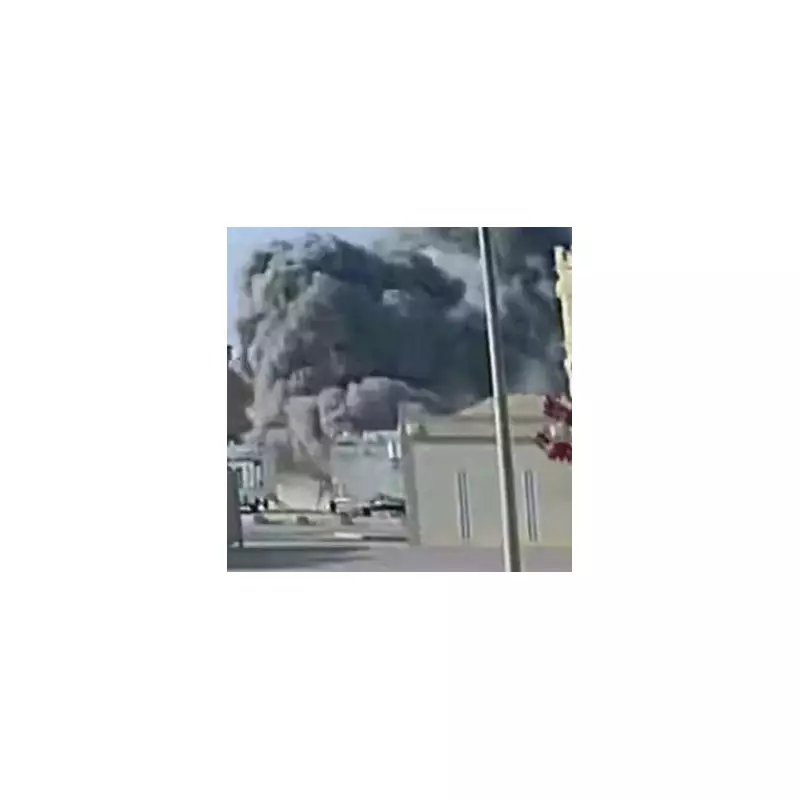
In an explosive revelation that threatens to destabilise already fraught diplomatic relations, the head of Israel's intelligence agency issued a bone-chilling threat to Qatari mediators.
The Mirror can exclusively disclose that Mossad director David Barnea told Qatari officials that Doha would be subjected to the same fate as Gaza if they failed to pressure Hamas into a new hostage agreement.
The astonishing threat, delivered during tense negotiations, underscores the extreme pressure Israel is applying to secure the release of remaining captives held by the militant group.
A Stark Ultimatum
According to sources familiar with the discussions, Barnea's message was brutally clear: Qatar's capital would face similar devastation to the Gaza Strip unless they delivered results. This unprecedented threat against a neutral mediating nation marks a dangerous escalation in rhetoric.
The warning came amid stalled negotiations for a ceasefire and hostage release deal, with Israel growing increasingly impatient with Qatar's role as intermediary.
Qatar's Crucial Mediating Role
Qatar has positioned itself as a key mediator between Israel and Hamas, hosting the political leaders of the militant group and maintaining communication channels with both sides. This unique position has made the Gulf nation indispensable to negotiation efforts.
However, Israel has increasingly questioned Qatar's effectiveness and commitment to pressuring Hamas, leading to the shocking threat from its intelligence chief.
International Reaction
The revelation of such a threat against a sovereign nation serving as mediator is likely to draw widespread international condemnation. It represents a significant departure from diplomatic norms and could potentially alienate other neutral parties attempting to facilitate peace talks.
As tensions continue to simmer in the region, this disclosure threatens to further complicate already challenging negotiations and potentially reshape the dynamics of Middle East diplomacy.





